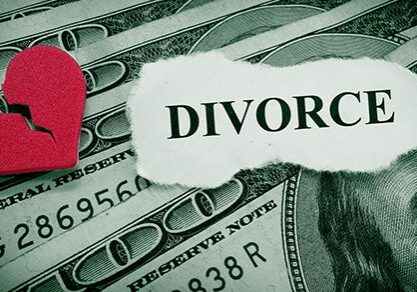Cost of Capital

You are buying a business or considering expansion opportunities in your existing business. However, have you considered the cost of capital, or the rate of return you need to generate value? Business partners, banks and investors will view this as a critical component of whether or not financing the opportunity makes sense. In addition, if the investment does not generate value to you as the business owner, is it worth the time and money that it will take?
Cost of Capital Defined
In the simplest terms, the cost of capital is the cost of funds used for financing a business. Cost of capital depends on the mode of financing used, i.e. if the business is financed with debt, with equity or a combination of both.
The cost of debt financing is merely the interest rate paid on such debt. However, as interest expense is tax-deductible against business income, the true cost of capital when using debt financing is the after-tax cost of the debt.
The cost of equity financing is more complicated, since the rate of return demanded by equity investors (including yourself as the business owner) is not as clearly defined as it is by lenders, i.e. there is not a straightforward interest rate being charged. Instead, you need to consider what alternative investments could be made with the funds and the risk appetite of the investors, including yourself.
The CAPM Approach
The most common method used to evaluate the cost of equity financing is the Capital Asset Pricing Model (CAPM). Under this approach, the return to the investor is expected to exceed an investment made with a risk free rate of return (usually measured as the interest rate paid on long-term treasury bonds) plus the expected market risk premium (measured as the historic or expected future return on investments in the “market” which can be equated to an index such as the S&P 500) times the beta or, in other terms, the risk of the investment. To state this in simple terms, what is the rate of return an investor (including yourself) expects to receive above investing in a diversified portfolio in the market to compensate them for the risk they are taking?
Highly Leveraged
In most cases, the cost of equity financing will exceed the cost of debt financing as debt financing has the advantage of being more tax efficient. However, a word of caution. Too much debt financing can result in a situation where your business is dangerously leveraged, resulting in the situation where a lender may charge higher interest rates to offset the risk of default on the loan, or the business may not even be financeable as the ability to repay the debt does not exist.
About Alegria & Company, P.S.
We want to be your partner in success. Helping you with your financial needs is the perfect opportunity to do so. Our team of four partners and twenty-five professional staff located in two offices in Yakima and Prosser are well placed to serve clients from Yakima through the Lower Valley, the Columbia Basin and throughout the Pacific Northwest.








